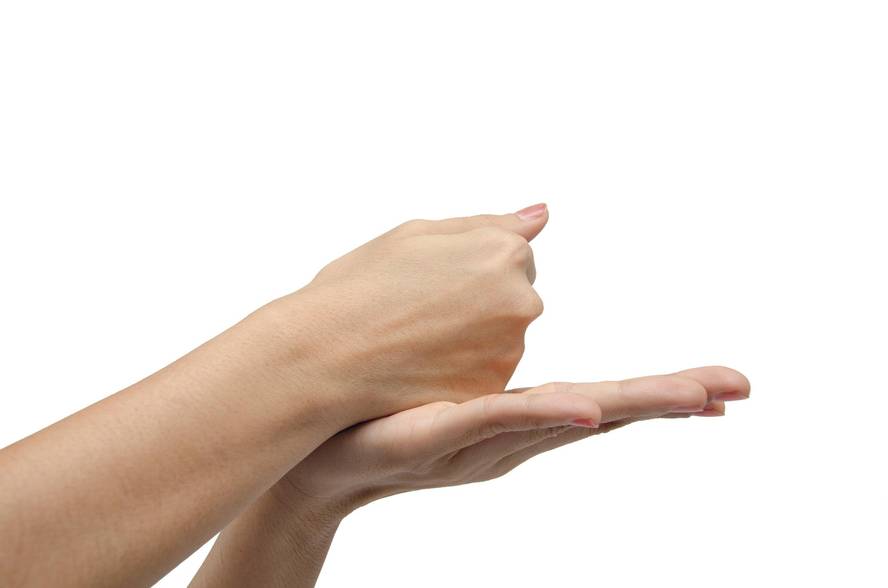Deaf science
To the extent that current science is a group activity, researchers working in one and the other need to share their results and share the problems and questions that may arise. To this end, congresses, symposiums and other scientific meetings, both research and dissemination, are held periodically.
We also need to understand science as a global activity, because the scientific explanation given to a phenomenon in one place should be the same at the other end of the world. Thus, to refine the scientific method used and use complementary techniques, researchers from both sides of the world often work with the same line of research. In this sense, we must also understand the scientific mastery of English. Basically, except for encounters restricted to local researchers, which in most cases are in English.
Therefore, and considering that in most cases oral practice is sought in these events, it is evident that people with hearing problems have great difficulties to participate in them. In fact, although hearing loss can be solved by increasing the volume or use of hearing aids, in the case of people with greater problems there are difficulties to differentiate sounds (words). As is normal, this problem is even more evident when you have to hear a language that is not yours.
However, at present, no solutions to such problems have been sought in congresses and scientific events. In essence, for deaf scientists, it would be enough to put in those congresses or meetings an interpreter who would translate the conferences into gestural language. Moreover, if there are problems in seeking an interpreter, the rapporteur's action would be a simple solution. In the case of listeners with a certain hearing, the possibility of listening to conferences in their own language would also be of great help. However, it is difficult to find people who do simultaneous translations.
All these solutions are known outside the scientific world. However, the research world seems to ignore these problems, as if it had been impossible to reach this level.
Basically, these problems that make communication difficult are much more bearable in mental relationships than in talks that take place in a broad audience. A scientist with hearing problems should therefore approach the rapporteur if he has to ask questions about the conference. This, however, is usually a self-employed search and there can be hardly any organizational help. In essence, the entries to these congresses do not make any reference to possible disabilities, and everyone has to move their peers and their loved ones to meet their additional needs.
In short, although researchers with hearing problems do not seem to have great barriers to their work, they often have difficulty contacting other researchers and participating in the events that are organized. In this way, the absence of these acts often implies the concealment of their work and the obstruction of the research activity.







